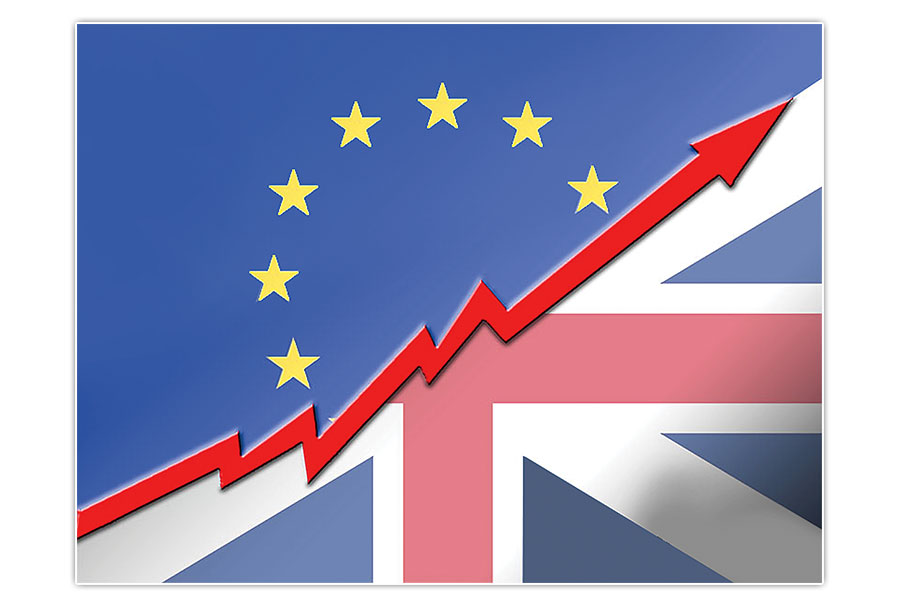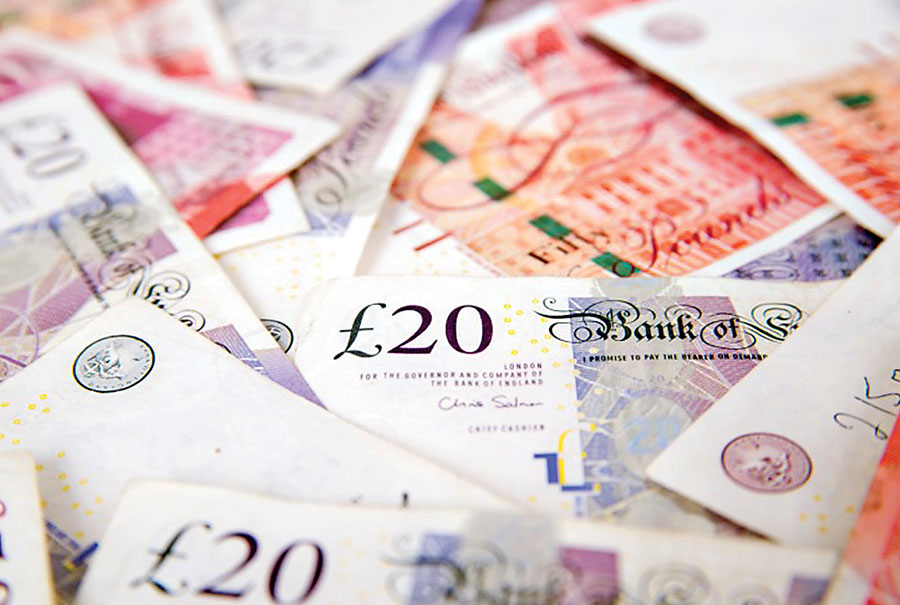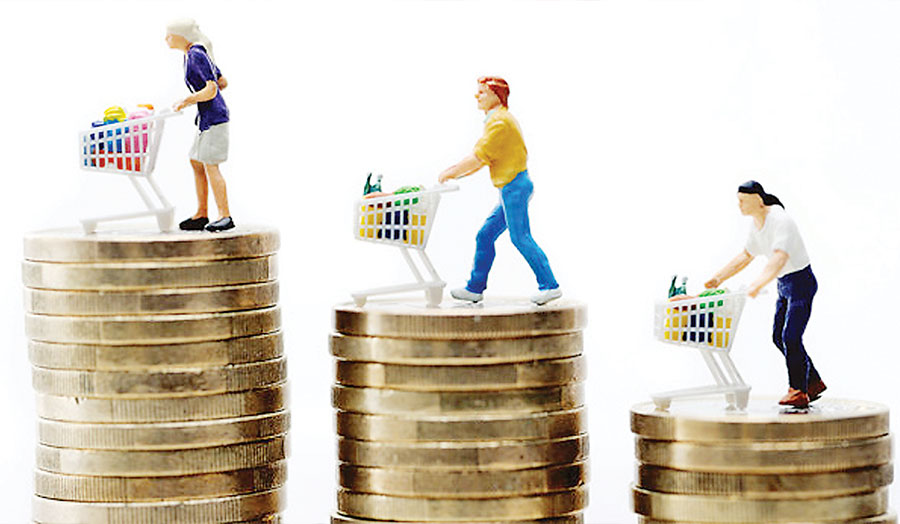ASIA’S ACQUITTAL WELCOMED IN UK
- 10 Nov - 16 Nov, 2018

Brexit is still about a year-and-a-half away, but its effects are already biting deeply at a level that may be felt by all. There is nothing that can be a better gauge of the direction in which an economy is heading than the
price of food, and judged by that universal yardstick, the movement is definitely southwards.
Reports in the press tell us that food prices are soaring at their highest rate in four years but one does not remember them going high at this rate four years ago, a time well within living memory. The jump in the prices of food and drinks between October of 2016 and the same month this year has been a staggering 4.1 per cent, although to be honest, the rise appears to be much sharper.
The point here is that a four per cent rise would mean that something that used to cost £1 a year ago, now cost a pound and four pence but supermarket prices just do not rise up like that. The minimum a thing costing £1 would rise to would be £1.10 and in these times, it would be a very considerate supermarket that would restrict itself to such a rise. To give an example, the cost of a packet of Bran Flakes in our local supermarket used to be 86p till about a month ago. It has suddenly shot up to £1.24, a rise of about 44 per cent. So one cannot be quite sure just where the figure of 4.1 per cent comes from, but economists move in mysterious ways their wonders to perform. A good enough economist teamed with a good enough statistician could perhaps find the figures to prove that things today are cheaper than they were 50 years ago.
Some of these price rises, as a hard Brexit becomes an increasing reality, have been quite sudden. For example, the price of fruit and vegetables has risen by 2.6 per cent in the month of October alone. Even in the month of Ramadan, Pakistani fruit and vegetable vendors would struggle to beat that. Some items, like pasta, fish, yogurt, sugar, coffee and butter have risen by more than 22 per cent in the year between October 2016 and October 2017.

Usually, food prices have been known to rise in tandem with the rise in the price of oil but these price rises have bucked the trend having risen hugely while fuel costs have actually gone down. If the current uncertainties in Saudi Arabia should lead to a hike in the price of oil, we here would be experiencing the classic double whammy.
If Brexit is bungled, and current indicators would tend to suggest bungling on a royal scale, then the spectre of food and vegetables rotting at the ports while customs officials struggled to work out what duties were chargeable and how to collect it, could be a reality. The effect on prices of such a scenario could be disastrous. In case of such a hard Brexit, it is estimated that the number of customs declarations that Her Majesty’s Revenue and Customs Department would have to handle would increase from the current 55 million per year to an unthinkable 255 million per year. Where and how it would get and train the requisite staff to increase such a work load, and more importantly, how would it ever pay them, is anybody’s guess. It is the sort of chaos that worries a lot of people because they are simply not accustomed to the prospect of chaos as people in some other countries are. Yet, for all that, the support for Brexit has not fallen by as much as one would expect it to. Some polls suggest that the June 2016 referendum figures of 52 per cent in support of Brexit and 48 per cent wanting to remain in the UK may, at best, have been reversed over the 17 months following the vote of June 2016 and there may now be 52 per cent in favour of staying and 48 per cent in favour of Brexit. Given the number of horror scenarios that have emerged since June 2016, this is not such a huge shift.
There is an old saying that when the going gets tough, the tough get going and the going has undeniably gotten tough and the Tories have, equally undeniably, got going.
Reports suggest that the new chief whip of the Tory Party has had a bit of a ‘stormy’ private meeting with some of the less faithful members of his backbench when he is said to have implied that those trying to amend the terms of the EU withdrawal bill, by giving the Parliament a ‘meaningful’ vote on the terms of the withdrawal were in reality trying to undo the result of the June 2016 referendum and to keep the UK in the EU. Prime Minister Theresa May followed this up with a letter suggesting MPs may even be ‘punished’ for trying to introduce ‘pro-business amendments’ into the bill. The strong arm tactics have, according to at least one rebel MP, increased the number of rebels; another MP described the language of the letter as being rather akin to the language a class teacher might use after losing control of the class.
And so the battle goes on as a once great nation continues to make a mockery of itself. At this stage, it excites mainly mirth and cynicism. Soon the reactions could be more serious.

COMMENTS